Experts from the education sector share their take on the Union Budget 2022-23


Union finance minister Nirmala Sitharaman made some major announcements for the education sector in the Union Budget 2022-23. The budget emphasised the importance of agricultural education as well as urban planning. The main focus, however, was on bridging the learning gap created by the pandemic.
Experts from the education sector both welcomed and critiqued the education budget:
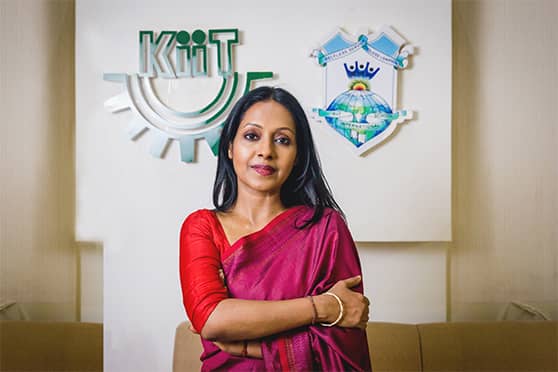
The Union Budget 2022 was a hit and miss for the education sector. While it has finally addressed and recognised the learning loss the pandemic has created, the need to develop the digital infrastructure of the country has not been adequately focused on.
The economically disadvantaged students, especially in rural areas, have lost essential years of education and the introduction of supplementary teachers was highly necessary. The increase of 'One Class One TV Channel' from 12 to 200 TV Channels to provide supplementary education in regional languages for classes 1-12 is a welcome move but it will not be enough.
Upskilling is the need of the hour. Thus, the launch of the Digital DESH e-portal for skilling, upskilling and reskilling will be key to adapting to the shifting dynamics of our present.
Setting up virtual labs and skilling e-labs will be valuable in developing critical thinking amongst students. Access to high-quality e-content can help enhance the quality of education received by students. Making this accessible in regional languages additionally is a positive step towards wholesome education.
The development of a digital university to provide access to students for world-class quality education with ISTE Standards will be beneficial in the long run by making education available to a wider audience through the power of the internet.
However, the much-needed increase in budget allotment for the education sector was missed. Further constructive measures towards digitisation and resuming physical classes are needed.

The biggest challenge that our youth face is the lack of in-demand skills, the reason for this is that our higher education has not been able to adapt to the changing Industry requirements. The new-age entrepreneurs are trying to address this gap through different models, making skill-based education accessible to the masses, but a lot more needs to be done.
The launch of the digital university is a great step as it will increase the penetration of quality education even in the remotest areas at affordable price points. Additionally, the Digital DESH e-portal will help further refine the skills of the youth making them more employable and will reduce the skill gap, benefiting both job seekers, and employers.

The long-prevailing skill gap in the market was a challenge for both the recruiters and youth of the nation. With the launch of the Digital DESH e-portal, we can expect to fill in this gap to a certain extent. The interesting part is, that following the lockdown, the adoption of the digital medium had increased. The budget has leveraged this shift in behaviour to add to the ultimate aim of digital India. If the execution is right, we can gradually expect digital learning to become the primary education system five years down the line.

Digital education became the familiar way of new-age learning following the lockdown. The new trend has been well accepted by the government as the way forward for upskilling, widening access to education, and strengthening the higher education system in the country.
Additionally, the budget too circumscribed the fact that in a diverse nation like India, education can only be delivered by understanding the vernacular requirements of every region. The expansion of ‘1 Class 1 TV Channel’ to provide supplementary education in regional languages for classes 1-12 will boost the early and secondary education in the country. And the proposed launch of the digital university will simultaneously cater to the requirements of higher education. Thus, the budget has served, end-to-end, to raise the education system in the country in a holistic manner.

The budget has been very much in line with the latest trends and changing paradigms in the education system.
The budget mentioned the launch of a nationwide digital university, which might be the answer to the long-prevailing gaps in the higher education system. What initially started as a result of the global lockdown has now been acknowledged as the probable solution to the difficulty of accessing higher education in the country where 65% of the population resides in the rural region.
Simultaneously, stressing on higher education will reflect in the next generation's culture and quality of skill-set in the employment market.

The Union Budget 2022 has accorded much-needed importance to digital education and skilling programmes. It is heartening to learn that the finance minister emphasised the National Skill Qualification Framework. The skilling initiative announced in the budget will explore the untapped potential amongst the Indian youth, boosting their employability with dynamic industry needs.
The Digital Ecosystem for Skilling & Livelihood e-portal provides ease for students to enable the discovery of relevant jobs, entrepreneurial opportunities among citizens. The government will soon roll out 5G telecom service which is the most needed part of virtual classes. From opening a digital university to expanding the reach of the Prime Minister’s e-Vidya programme to more students, the budget is focused on filling the learning gap.

The education sector was one of the most impacted sectors because of the pandemic and we were expecting support from the government. We were expecting flexible and low-interest education loans which is the same as before but we are happy with the PM eVidya Scheme and launch of the digital university.
Steps have been taken for a digital India and training teachers. The plus point of this budget is greater focus on digitalisation of education which will strengthen the growth of EdTech.
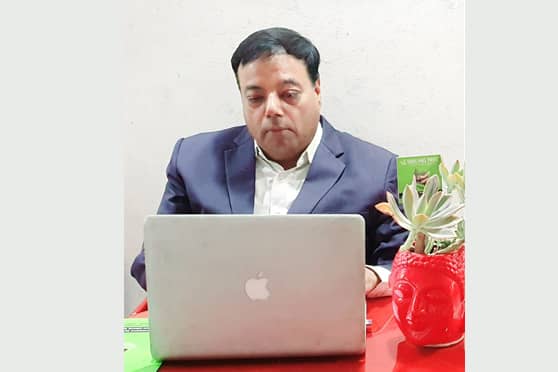
Finance minister Nirmala Sitharaman stressed the importance of digital education and announced a host of measures for the pandemic-hit education sector. ITIs will realign the vocational courses with industry requirements. Focus on developing skills in modern-day technology like Artificial Intelligence will help in coping with industry demand.
Setting up national tele mental health centres is a good initiative towards the awareness of mental health and will help people recover from stress and anxiety caused by the pandemic.
It is heartening to see that there is a huge thrust on digital education, development of skills for modern technology, smart agri-education and rural educational reforms. Technology, if used prudently in education, can have profound positive implications. Agri-education not only teaches learners how to be farmers but also helps generate more scientists, nutritionists, biologists and more. A combo of academic knowledge and practical field farming experiences is extremely beneficial to lay a good foundation for educated farmers and the community at large.
Encouraging AI and Drone Technology is another step in the right direction. Drones can be effectively used in the agriculture sector, defence, entertainment, logistics and many more fields.

The acknowledgement and agreement to direct more of our GDP towards education was a welcome progression at this year's budget. The wider the net of education spreads, it's fair to predict that the faster the country will progress.
Through the pandemic, education has largely been through screens (phone, monitor, tv). Our greatest learning perhaps is that we can bring education to living rooms and homes. The expansion of the 1 Class 1 TV channel is a step towards making education accessible to all.
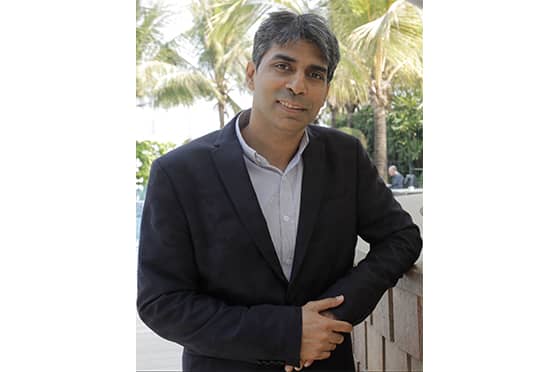
The reformist intent of this budget is clear. We welcome the focus of the Union Budget 2022 on digital learning, especially after prolonged learning loss over two years has impacted students’ academic performance. This was much needed to strengthen the digital learning ecosystem on a mission mode.
The setting up of digital universities, availability of high-quality regional e-content, and ‘One class, one TV channel' programme of PM eVIDYA will also help facilitate improved learning outcomes.
As the country with the highest number of school-goers in the world, we welcome the announcement of the creation of 2 lakh Saksham Anganwadis, which will surely provide an impetus for early childhood development. The emphasis on improved infrastructure, training and the use of audio-visual aids for teaching will help upskilling and capacity building programmes for teachers, as they are a central pillar of the education ecosystem.
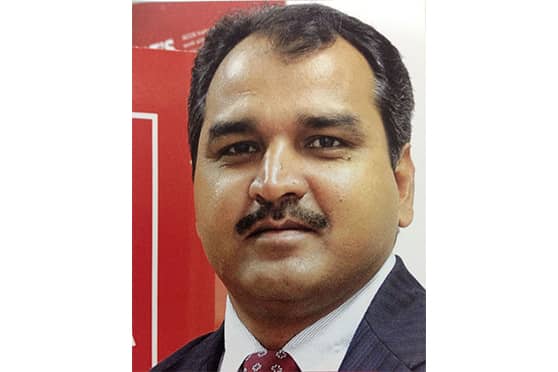
ACCA applauds the government for measures announced in the budget related to providing supplementary education in regional languages for students of Classes 1 to XII by expanding PM eVIDYA programme to over 200 TV Channels and the launch of the Digital DESH e-portal for skilling, upskilling and reskilling the youth of India. These, together with the development of the digital university for world-class quality education, will set a clear path for India to create an advanced digital learning infrastructure and also go a long way in educating learners who lack access to the internet and other resources.
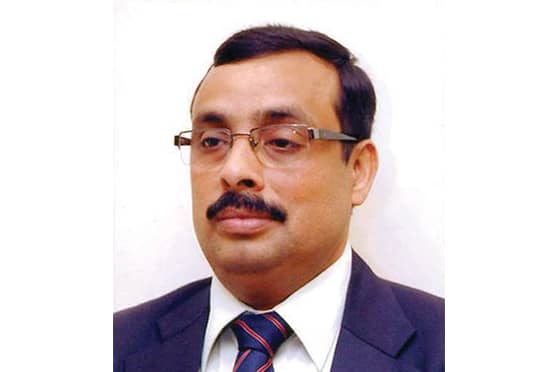
I am happy that the Union Budget 2022-23 emphasises on key sectors such as education, health, infrastructure and MSMEs, thus focussing on growth and inclusive development. Announcements like a digital university for online education in multiple languages, digital ecosystem for skilling and livelihood — the DESH-Stack e portal that aims at empowering citizens to skill, reskill or upskill through online training, setting up of 750 virtual labs in science and mathematics, and 75 skilling e-labs for simulated learning environment — showcase the intent of the government towards further augmentations and developments the skilling ecosystem and the education domain.

We would have hoped that the government would have additional tax benefits towards the tuition fee paid for the child's education beyond the current limit. There is no significant announcement for the education sector. The alignment of the National Skill Qualification Framework (NSQF) with dynamic industry needs is a welcome move.

The Union Budget laid emphasis on the increase of capital expenditure to drive growth and the repeated focus on “infrastructure” implies that the scope of professions related to all aspects of infrastructure are going to rise. The growth of digital education was evident. This could broaden the reach of quality education and foster inclusivity. Finally, the budget indicated a boost for certain aspects of creative arts such as animation, gaming, and comics through education and skilling. This should come as a boon to the Indian creative community to compete with their global counterparts. All the points taken together, the budget indicates that the role of education in creative and design related disciplines are going to gain impetus in the coming years.

The Budget delivered many positive developments for the education sector. The expansion of the One Class One TV Channel programme should help bridge the learning gap. It will definitely support supplementary education in regional languages for students across Classes I to XII. A boost for digital infrastructure across the country is essential and the mention of the completion of 5G spectrum auction in 2022-2023 will certainly help. The Digital DESH e-portal will help the youth in skilling, upskilling and reskilling so that they are ably employed and can contribute to the country’s economic growth. We will soon be a super-energised and digitised economy!